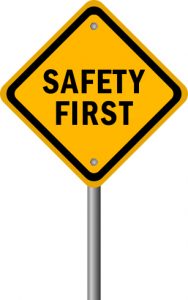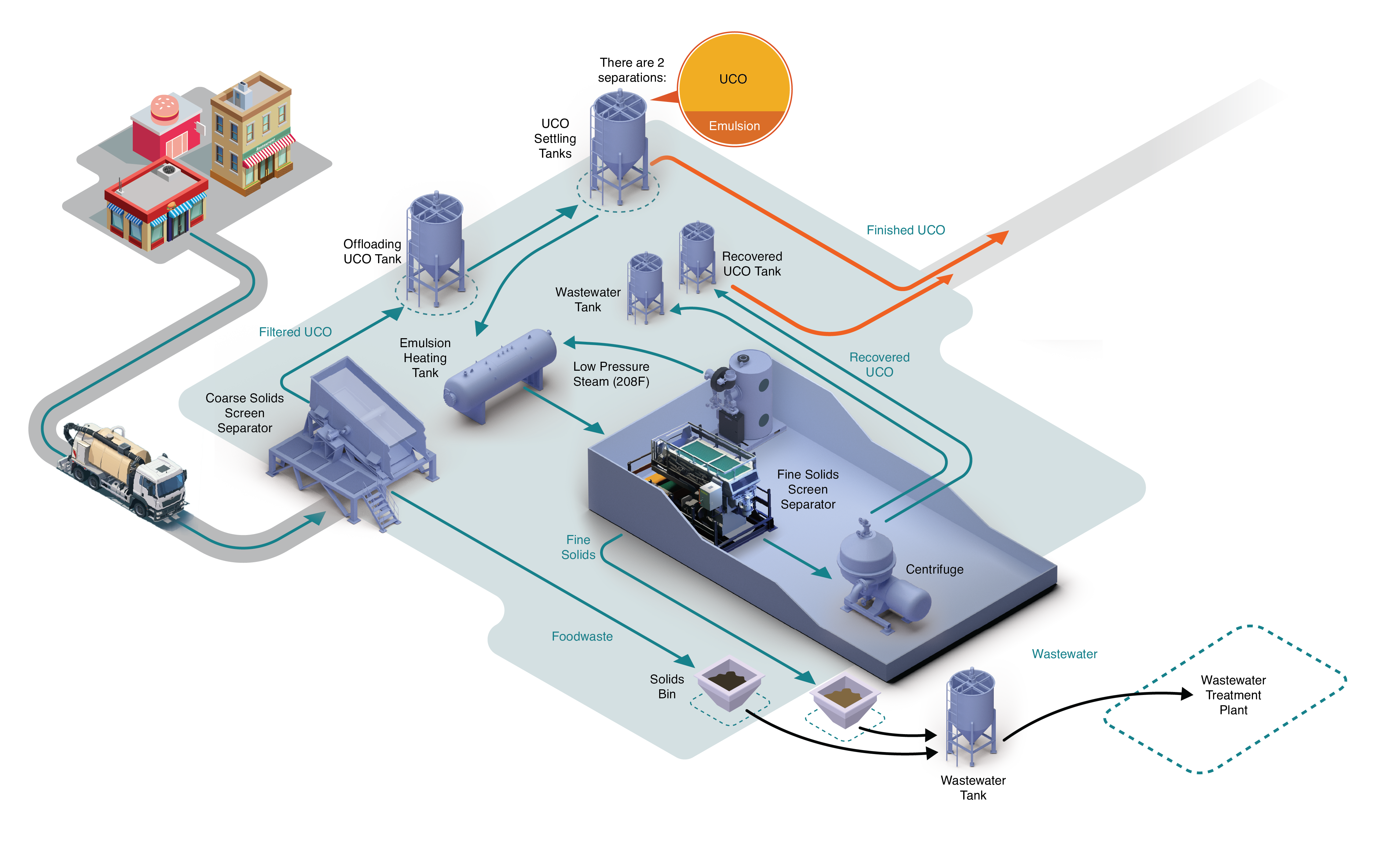International Road Check Set for June 4-6 With Emphasis on Steering and Suspension
The Commercial Vehicle Safety Alliance’s (CVSA) International Roadcheck will take place June 4-6. Over that 72-hour period, commercial motor vehicle inspectors in jurisdictions throughout North America will conduct inspections on commercial motor vehicles and drivers.
Each year, International Roadcheck places special emphasis on a category of violations. This year’s focus is steering and suspension systems. While checking vehicle compliance is always part of the North American Standard Inspection Program, CVSA is highlighting steering components and suspension systems this year as a reminder of their importance to highway safety.
“Steering and suspension are safety critical systems for any commercial motor vehicle,” said CVSA President Chief Jay Thompson with the Arkansas Highway Police. “Not only do they support the heavy loads carried by trucks and buses, but they also help maintain stability and control under acceleration and braking, keeping the vehicle safely on the road. Furthermore, they keep tires in alignment, reducing chances of uneven tire wear and possible tire failure, and they maximize the contact between the tires and the road to provide steering stability and good handling.”
During International Roadcheck, CVSA-certified inspectors will primarily conduct the North American Standard Level I Inspection, a 37-step procedure that includes an examination of driver operating requirements and vehicle mechanical fitness. Inspectors may opt to conduct the Level II Walk-Around Driver/Vehicle Inspection, Level III Driver/Credential/Administrative Inspection or Level V Vehicle-Only Inspection.
Vehicle Inspection Process
The vehicle inspection includes checking critical inspection items such as: brake systems; cargo securement; coupling devices; driveline/driveshaft; driver’s seat (missing); exhaust systems; frames; fuel systems; lighting devices (headlamps, tail lamps, stop lamps, turn signals and lamps/flags on projecting loads); steering mechanisms; suspensions; tires; van and open-top trailer bodies; wheels, rims and hubs; windshield wipers. Additional items on buses, motorcoaches, passenger vans or other passenger-carrying vehicles include emergency exits, electrical cables and systems in engine and battery compartments, and seating (temporary and aisle seats).
 Drivers will be required to provide their driver’s license (operating credentials), Medical Examiner’s Certificate and Skill Performance Evaluation Certificate (if applicable), driver’s record of duty status and vehicle inspection report(s) (if applicable). Inspectors will also check drivers for seat belt usage, sickness, fatigue and apparent alcohol and/or drug impairment.
Drivers will be required to provide their driver’s license (operating credentials), Medical Examiner’s Certificate and Skill Performance Evaluation Certificate (if applicable), driver’s record of duty status and vehicle inspection report(s) (if applicable). Inspectors will also check drivers for seat belt usage, sickness, fatigue and apparent alcohol and/or drug impairment.
Identifying Critical Violations
If no critical vehicle inspection item violations are found during a Level I or Level V Inspection, a CVSA decal will be applied to the vehicle, indicating that the vehicle successfully passed a decal-eligible inspection conducted by a CVSA-certified inspector; however, when a rear impact guard is required and violations are present, a CVSA decal shall not be issued.
If an inspector does identify critical vehicle inspection item violations, he or she may render the vehicle out of service if the condition meets the North American Standard Out-of-Service Criteria. This means the vehicle cannot be operated until the vehicle violation(s) are corrected. A driver can also be placed out of service for driver credential-related issues or driver conditions, such as fatigue or impairment.
Out-of-service orders and the number, type and severity of safety violations affect a motor carrier’s Compliance, Safety, Accountability (CSA) score and its Safety Fitness Determination rating. CSA is the safety compliance and enforcement program of the Federal Motor Carrier Safety Administration (FMCSA) designed to improve safety and prevent commercial motor vehicle crashes, injuries and fatalities by holding motor carriers and drivers accountable for their role in safety.
“International Roadcheck is a high-visibility, three-day commercial motor vehicle and driver inspection and enforcement event,” said Chief Thompson. “However, aside from the increased inspections, we are not doing anything differently than any other day. The inspections performed during International Roadcheck are the same inspections that are conducted the day before International Roadcheck starts and the day after it concludes, as well as any other day of the year.”
Chief Thompson added, “It’s important to remember that inspections are conducted 365 days a year. We publicly announce the dates of this three-day enforcement and awareness initiative in advance because we want all vehicles on our roadways to be safe and compliant.”
International Roadcheck is the largest targeted enforcement program on commercial motor vehicles in the world, with around 17 trucks and buses inspected, on average, every minute in Canada, the United States and Mexico during a 72-hour period. Since its inception in 1988, more than 1.6 million roadside inspections have been conducted during International Roadcheck campaigns.
Article provided by Commercial Vehicle Safety Alliance: https://cvsa.org/news-entry/2019-roadcheck-dates-focus/



 Call Us Now (800) 892-9392
Call Us Now (800) 892-9392